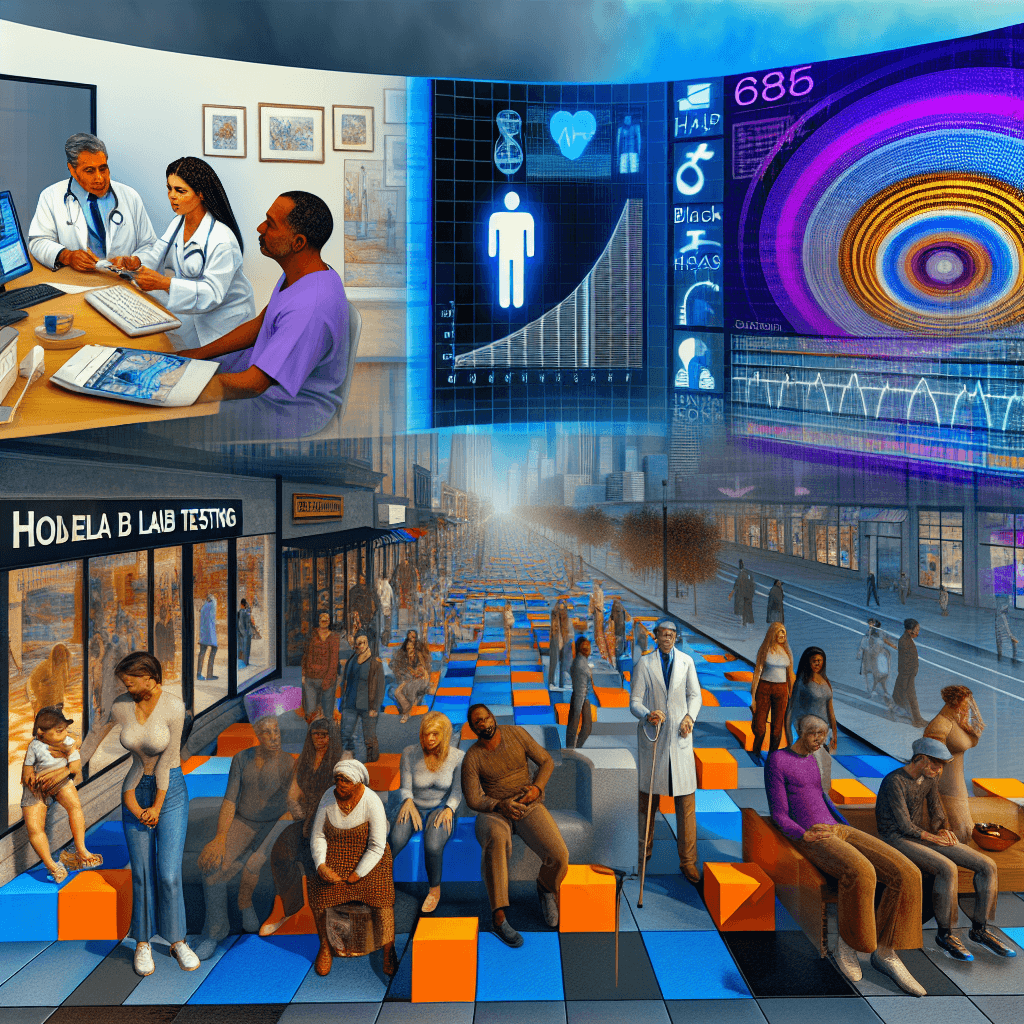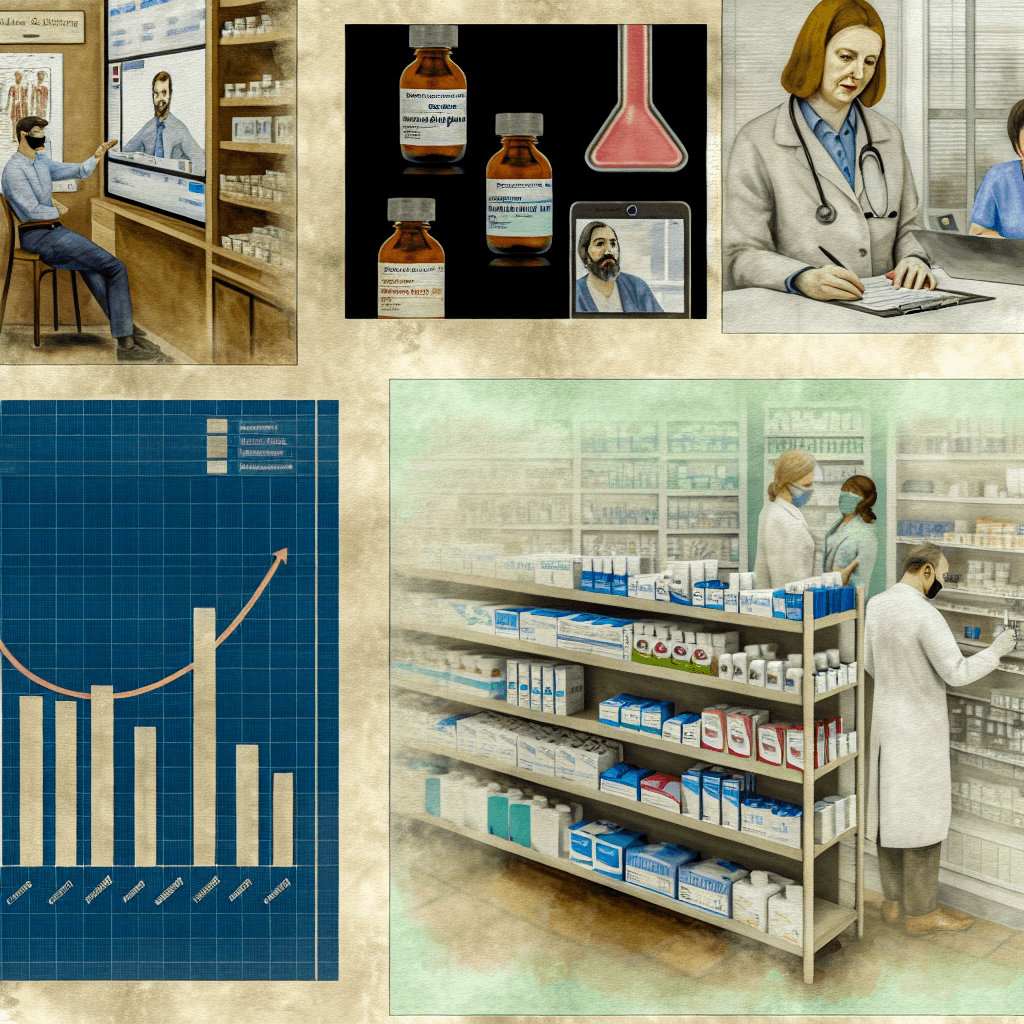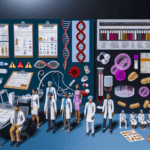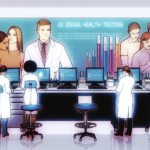Explore the U.S. Telehealth and Retail Lab Testing Market trends, growth drivers, and key players shaping the future of healthcare services.
U.S. Telehealth and Retail Lab Testing Market

Table of Contents
- Exploring the U.S. Telehealth and Retail Lab Testing Market
- The Rise of Telehealth in the U.S.
- Current Trends and Statistics
- Impact on Healthcare Delivery
- Retail Lab Testing: A Growing Segment
- Market Dynamics
- Examples of Retail Lab Testing Services
- Integration of Telehealth and Retail Lab Testing
- Benefits of Integration
- Case Study: CVS Health
- Challenges and Considerations
- Future Outlook
- Conclusion
Exploring the U.S. Telehealth and Retail Lab Testing Market

The U.S. healthcare landscape is undergoing a significant transformation, driven by the rapid adoption of telehealth services and the expansion of retail lab testing. This article delves into the current state and future prospects of these sectors, highlighting their growth, challenges, and the impact on consumers and healthcare providers alike.
The Rise of Telehealth in the U.S.
Telehealth has emerged as a critical component of modern healthcare, particularly highlighted by its exponential growth during the COVID-19 pandemic. It offers a convenient, cost-effective, and accessible option for patients to receive healthcare services.
Current Trends and Statistics
According to a report by McKinsey, telehealth utilization has stabilized at levels 38 times higher than before the pandemic. This stabilization indicates a significant shift in patient and provider adoption of telehealth technologies. Key factors driving this growth include:
- Increased consumer acceptance and demand
- Advancements in telecommunication technologies
- Supportive regulatory changes
- Integration of telehealth into traditional healthcare systems
Impact on Healthcare Delivery
Telehealth has revolutionized the way healthcare is delivered in the U.S. It has enabled remote diagnostics, consultations, and treatment options across various specialties, including mental health, chronic disease management, and emergency care. This shift not only helps in managing hospital capacities but also extends care to rural and underserved populations.
Retail Lab Testing: A Growing Segment
Retail lab testing, which allows consumers to access laboratory services directly without a physician’s referral, has seen a surge in popularity. This model complements traditional healthcare by enhancing consumer engagement and accessibility to health monitoring.
Market Dynamics
The retail lab testing market is driven by factors such as:
- Consumer empowerment and the increasing trend of self-care
- Technological advancements in diagnostic tests
- Expansion of test menus to include wellness tests, genetic testing, and infectious disease screening
Examples of Retail Lab Testing Services
Companies like Quest Diagnostics and LabCorp are at the forefront of the retail lab testing market. These companies have partnered with retail giants such as Walmart and Walgreens to set up patient service centers in their stores, making lab tests more accessible to the general public.
Integration of Telehealth and Retail Lab Testing
The integration of telehealth and retail lab testing is creating a more cohesive healthcare experience. Patients can now consult with healthcare providers via telehealth platforms and be directed to nearby retail labs for necessary tests, streamlining the care process.
Benefits of Integration
This integration offers numerous benefits:
- Enhanced patient convenience and adherence to prescribed diagnostic tests
- Quicker turnaround times for test results
- Reduced healthcare costs through efficient resource utilization
Case Study: CVS Health
CVS Health is an example of how companies are integrating telehealth and retail lab testing. Through its MinuteClinic locations, CVS offers virtual care services where patients can receive guidance and then proceed to in-store testing if required. This model has improved patient outcomes and satisfaction.
Challenges and Considerations
Despite the promising growth, there are challenges and considerations that need addressing to maximize the potential of telehealth and retail lab testing:
- Data privacy and security concerns
- Regulatory and reimbursement landscape
- Ensuring quality and accuracy of tests and healthcare advice
- Addressing the digital divide that may limit access for some populations
Future Outlook
The future of U.S. telehealth and retail lab testing looks promising with continued advancements in technology and more integrated care models. The focus will likely shift towards personalized medicine and continuous health monitoring, powered by AI and machine learning.
Conclusion
The U.S. telehealth and retail lab testing markets are pivotal elements in the evolving healthcare paradigm. Their growth is fueled by technological advancements, regulatory support, and consumer demand for more accessible care. While challenges remain, the integration of these services is set to redefine healthcare delivery, making it more efficient, accessible, and patient-centered. As these trends continue, they promise to enhance the quality of life and health outcomes for millions of Americans.
In conclusion, staying informed and adaptive to the changes in the telehealth and retail lab testing sectors will be crucial for healthcare providers, consumers, and policymakers alike. The journey towards a more innovative and patient-focused healthcare system continues, with these services leading the way.








